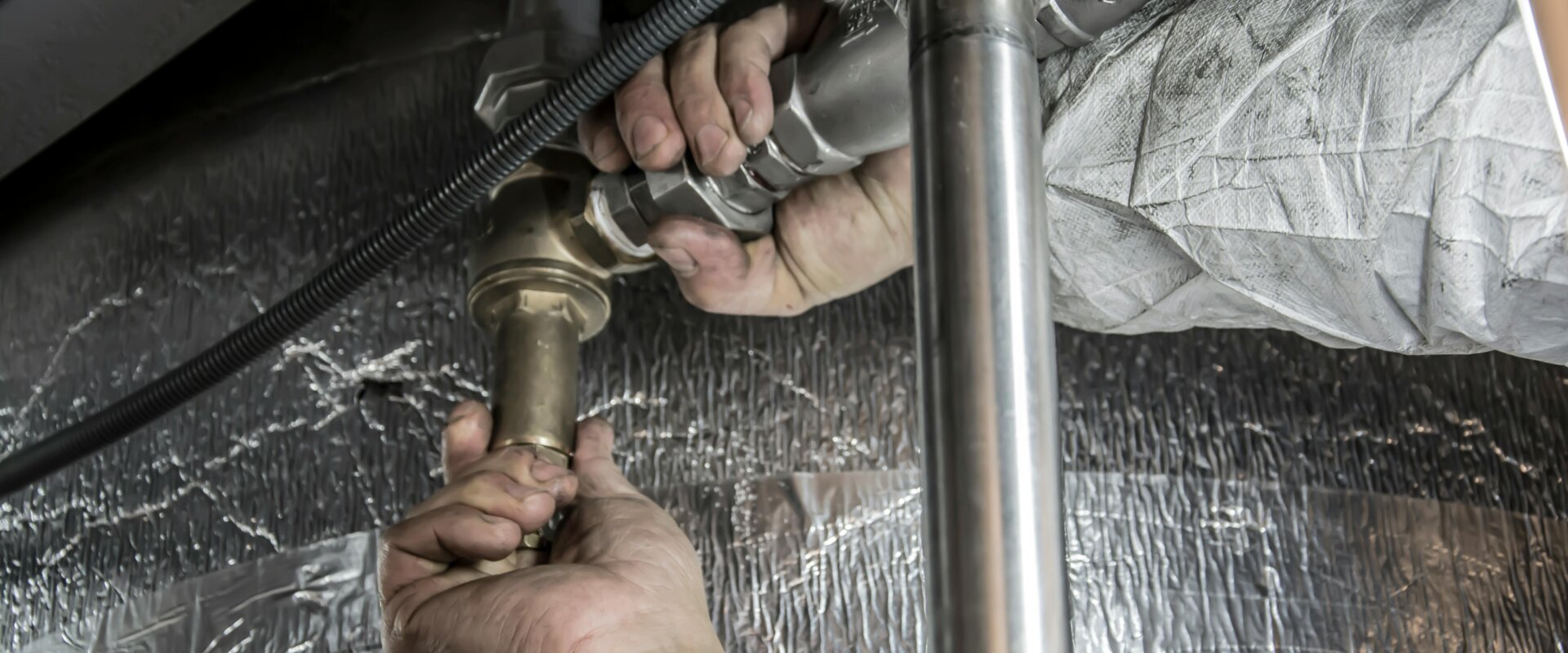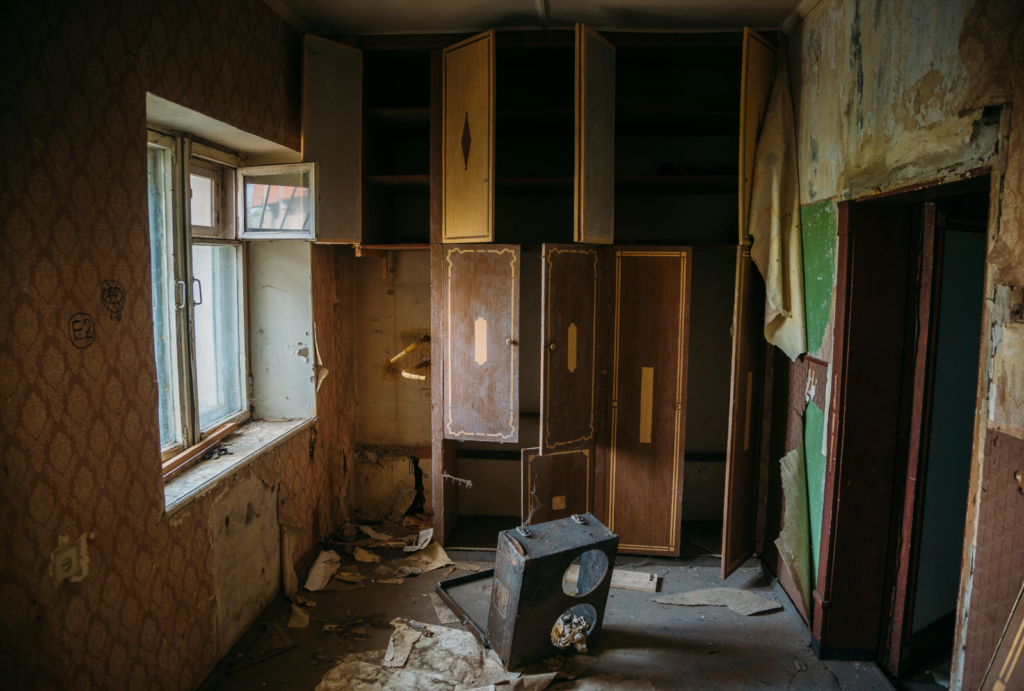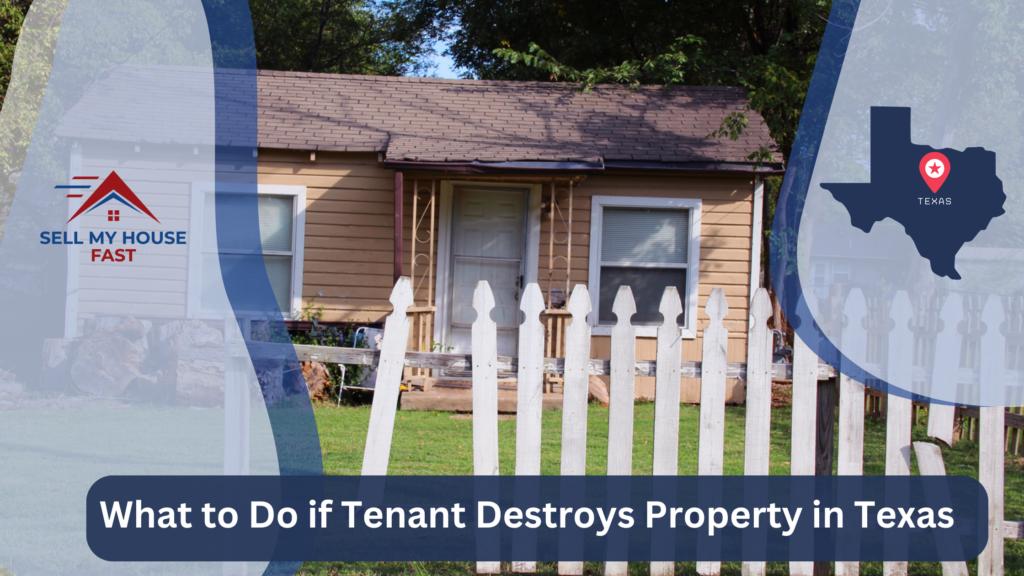
How to Identify Tenant-Induced Property Damage
Recognizing Signs of Damage Early
Spotting tenant-induced property damage early helps keep your property in good shape. Regular checks and inspections are key to catching problems right when they start. During these inspections, look for broken fixtures, holes in the walls, or stained carpets. Finding these issues early can save money by stopping small problems from becoming big repairs.
Differentiating Between Wear and Tear and Damage
It’s important to know the difference between normal wear and tear and damage caused by tenants. Normal wear and tear can include things like faded paint or small wall scuffs that happen over time. Tenant damage might be large holes in walls or broken windows. A careful assessment can help you tell these apart, treating tenants fairly while protecting your investment.
Conducting Regular Property Inspections
Routine property inspections are essential for managing your rental property well. Schedule regular inspections, ideally every six months, to check the property’s condition. Prepare a checklist that includes plumbing, electrical outlets, and structural components. Regular inspections help find potential issues and encourage tenants to take care of the property.
What Legal Actions Can Be Taken Against a Tenant for Property Damage?
Landlords have several legal options if a tenant damages their property. Knowing these options can protect both your property and finances.
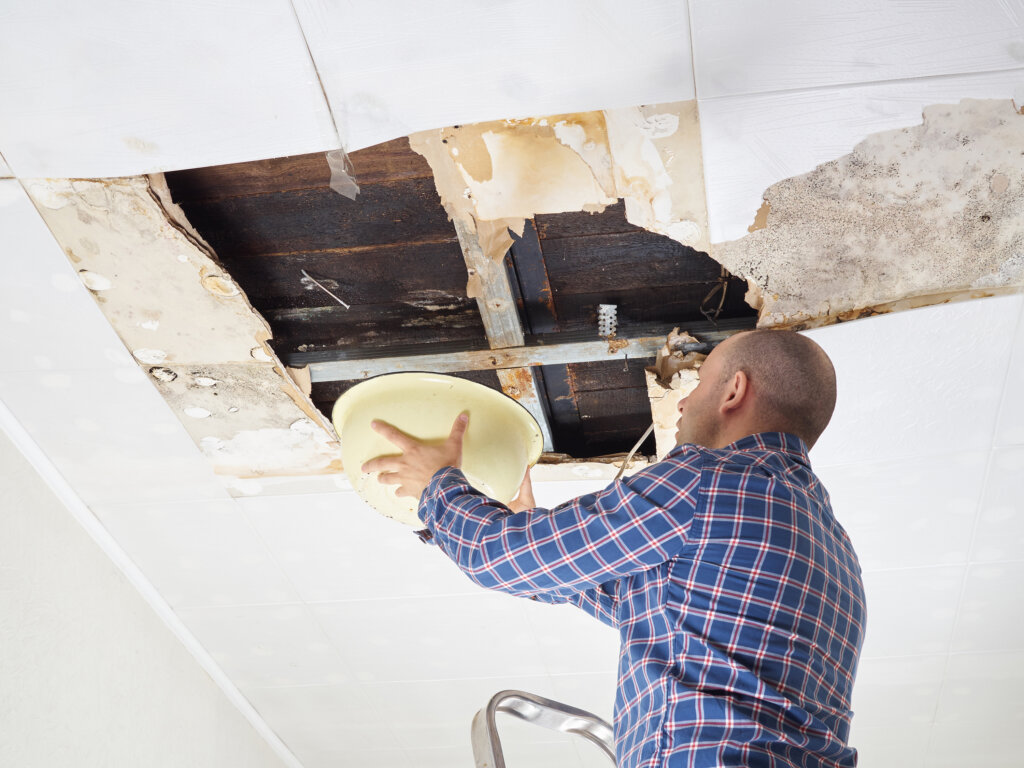
Understanding Your Rights Under Texas Law
In Texas, landlords should know their rights and how the law holds tenants accountable for property damage. Texas law provides guidelines for dealing with tenant-caused damage. It’s important to document any damage thoroughly. Take clear photos, get repair estimates, and keep records of all communications with the tenant. These steps will strengthen your case if you need to take legal action.
How to Begin the Eviction Process for Damages
To start the eviction process for property damage, you must serve a “notice to vacate.” This notice tells the tenant they have violated their lease by damaging the property and gives them a deadline to leave. In Texas, this period usually ranges from three to 30 days, depending on the lease and damage severity. If the tenant does not leave, you can file an eviction lawsuit at your local justice court. Seeking legal advice during this process is wise to make sure you follow Texas eviction laws.
Suing a Tenant: When and How to Proceed
If you sue the tenant for damages, timing and process are key. You can file a claim in small claims court to seek financial compensation. In Texas, small claims courts handle cases up to $20,000. Collect all necessary documents to build a strong case, like proof of damage and repair costs. Hiring an attorney specializing in tenant damage cases can help guide you through legal proceedings and improve your chances of recovering damages.
Knowing your legal rights and options can help you address property damage issues effectively and protect your interests as a landlord. For more help, contact Sell My House Fast to connect with professionals who can offer additional support.
How to Communicate Effectively with Tenants About Property Damage
Steps for Addressing Concerns Professionally
When property is damaged, it is important to communicate well with the renters. Start by sending them a nice message to let them know you understand their worries. Thank the tenant for telling you about the harm they did. For a human touch, use clear ways to talk to people, like email or the phone. Make it clear what will happen next to fix the problem.
You might need to negotiate if there are disagreements about who is responsible for repairs. Always refer to the lease agreement or contract outlining both parties’ rights and duties. If things get heated, consider mediation before turning to legal proceedings. This can help solve problems in a friendly while maintaining a good tenant-landlord relationship.
Important Points to Discuss During Tenant Meetings
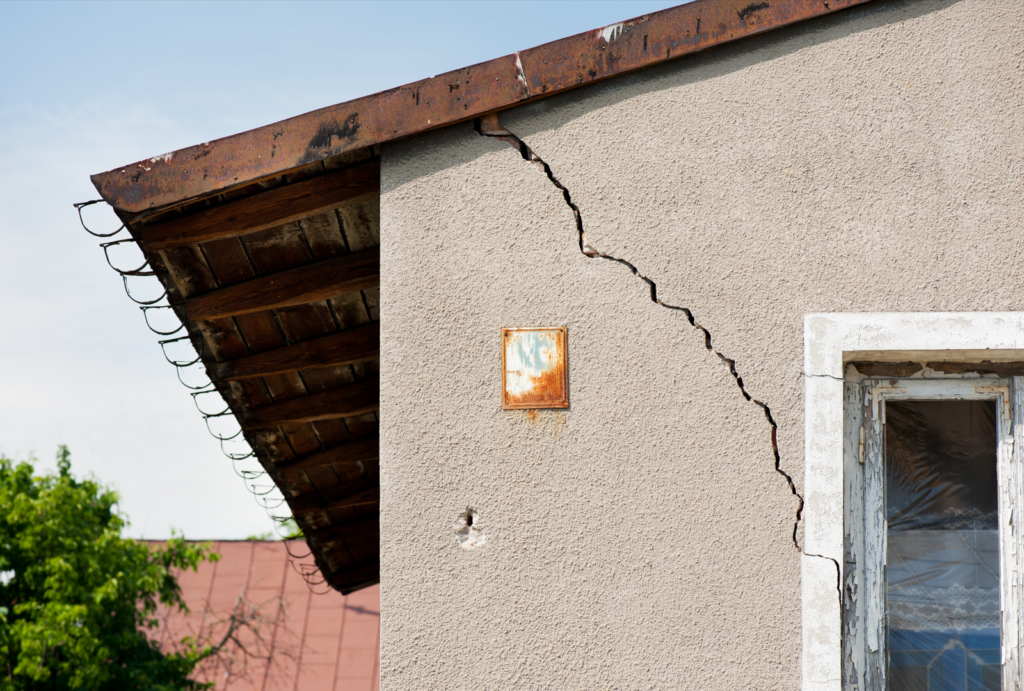
When meeting with tenants about property damage, cover important topics. Start by reviewing the lease to clarify who handles maintenance. Explain what needs to be done to fix the damage and how long it will take. Suggest ways to prevent future problems and encourage tenants to help keep the rental property in good shape.
Discuss their duties under the lease and stress how vital property care is. Be open about any costs involved and whether insurance covers them or the tenant must pay. This honest talk helps build trust and teamwork.
Documenting Conversations for Legal Purposes
When dealing with property damage issues, it’s important to keep records. Record your conversations with your renter, even text messages, emails, and phone calls. Write down the date, time, and subject of each meeting. These records could be very helpful if you need to go to court.
To keep these records in order, use digital tools or apps. Keep track of all property checks and repairs by taking pictures and getting professional opinions. Keep this information safe so it’s easy to get to in court. A lawyer can help you ensure that the way you keep your records aligns with the law in your area.
How Insurance Can Help in Cases of Property Damage by Tenants
It can be stressful for landlords to deal with the damage that renters cause to the property. Insurance can help with money and give you peace of mind in these cases. You must know how to use your insurance properly to minimize your losses and get the right amount of money.
Reviewing Your Insurance Policy for Damage Coverage
Start by checking your insurance policy to see what damage coverage you have. Understand the coverage limits and any exclusions that might apply. Contact your insurance company if you’re unsure about any terms and conditions. Reviewing your policy carefully will help you know what compensation to expect and prepare you for the claims process.
Filing an Insurance Claim Efficiently
To file an insurance claim smoothly, start by gathering all necessary documents. This includes photos of the property damage, receipts for repair costs, and any related communications with tenants. Submit these supporting documents to your insurance company as part of the claim process. Make sure to follow the submission guidelines and keep track of the processing timeline. An adjuster might need to check the damage, so be ready to assist with their inspection.
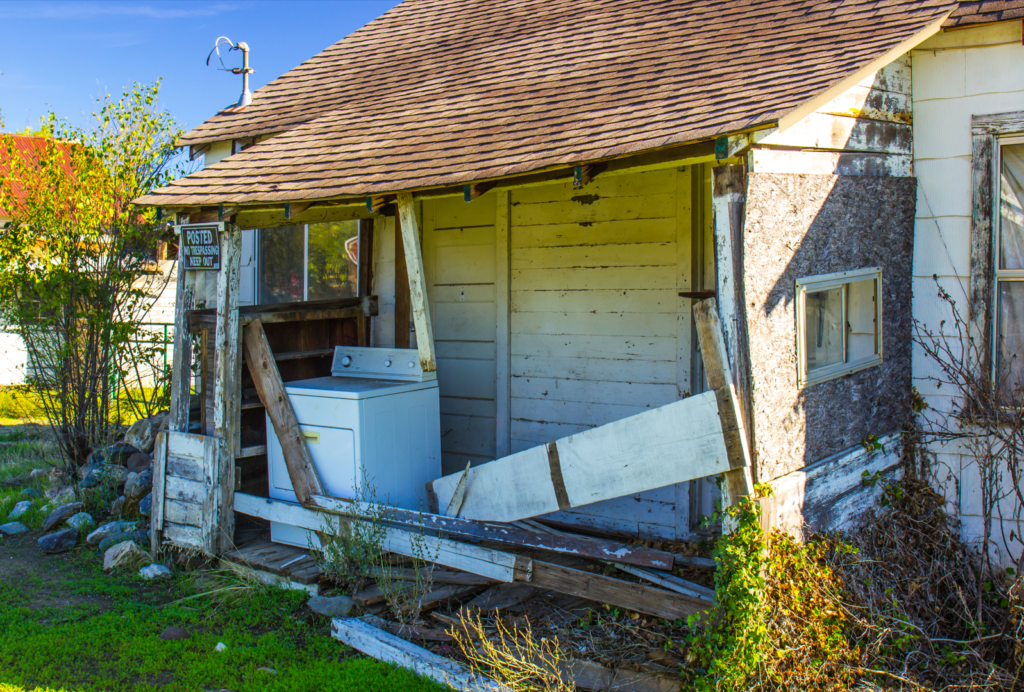
Understanding Payouts and Compensation Limits
It’s important to know the terms of your policy’s pay when your insurance company handles your claim. Know how much coverage you have and if there are any fees. These facts will help you figure out how much you might get reimbursed and how much you will have to pay out of pocket. A good way to get your finances back on track is to compare the money paid to the costs of fixing things.
For owners, having insurance can make paying for repairs that tenants cause much easier. To get better results from property management, make sure your policy fits your needs and learn how to file a claim.
Strategies for Preventing Future Damage by Tenants
Implementing a Thorough Screening Process for Tenants
Use a detailed tenant screening process to prevent tenant damage in rental properties. This should include background checks to verify potential tenants’ rental history, credit score, and criminal record. You reduce future issues by identifying responsible individuals who are likely to follow the lease agreement and take care of the property. A strong initial process ensures your rental property stays in good condition.
Educating Tenants About Property Care and Maintenance
It is important to teach tenants about their responsibilities for property care and maintenance. Begin with clear communication about housing expectations and the need to keep the property’s condition up. Provide simple guidelines on regular maintenance tasks, like cleaning gutters, changing air filters, and reporting problems quickly. Helping tenants understand their part in preventing damage can maintain the property’s value.
Setting Clear Expectations in Lease Agreements
A clear lease agreement is key to outlining tenant and landlord obligations. State the terms, conditions, and legal obligations in the rental contract. Specify what counts as a lease violation and the consequences. Both parties know their responsibilities and the accountability measures by setting clear expectations. This approach helps avoid conflicts and highlights the importance of maintaining lease agreements. We buy houses in all cities of Texas, including major cities like Houston, San Antonio, Dallas, Austin, Fort Worth, and Arlington, as well as their surrounding areas.
Frequently Asked Questions

What should I do if my tenant has damaged my property in Texas?
If a tenant damages your property in Texas, take photos or videos of the damage right away. Contact the tenant to discuss what happened and ask them to fix it. Following Texas laws, you might need to take legal steps or use their security deposit to cover the costs if the damage is serious. It’s wise to talk to a lawyer for legal advice.
How can I legally reclaim repair costs from a tenant in Texas?
In Texas, you can deduct repair costs from the tenant’s security deposit. Make sure to give them a detailed list of those costs. The repair costs should only bring the property back to its original state, not just normal wear and tear. For big expenses, you might consider going to small claims court.
How do I handle a situation where a renter refuses to pay for the damage?
If a tenant won’t pay for damages, communicate the issues and costs in writing. Remind them of their lease obligations. If they still refuse, you might need mediation or legal action. Getting help from a lawyer could be necessary.
What are my rights as a landlord in Texas regarding tenant property damage?
Landlords in Texas can seek compensation for property damage caused by tenants. This means informing tenants about the damage, requesting repairs or payment, and taking legal steps. Always follow Texas-specific rules for notifications and procedures.
Can I evict a tenant for damaging property in Texas?
Yes, damaging rental property can be grounds for eviction in Texas. You need to give a formal notice to vacate, stating the reason is property damage. Follow Texas eviction rules to ensure you’re doing everything legally, which may involve the courts if the tenant doesn’t leave.

What role do local authorities play if a tenant deliberately destroys property?
If a tenant intentionally breaks something, you can report it to the cops. This makes a formal record of what happened useful in court cases. If you need to, a lawyer can help you file charges.
Are there preventative measures to avoid tenant property damage?
To prevent damage, screen tenants well, have clear lease agreements, and do regular inspections. Teach tenants about property care and maintenance. Consider landlord insurance that covers property damage for extra protection.
What should I prepare for a court case regarding tenant damage in Texas?
Gather all related documents like the lease agreement, evidence of damage, repair estimates, and communications with the tenant. Present these in court to support your claim. Having a lawyer can help strengthen your case and help you deal with the legal process.
Key Insights
- When tenants destroy property in Texas, landlords should document the damage thoroughly and conduct a thorough inspection. If tenant vandalism occurs, immediate legal action involving police or law enforcement may be necessary.
- Legal proceedings for tenant destruction can involve the police, especially if there is malicious intent or crime. Landlords might need an attorney to sue the tenant for damages.
- Tenant accountability under Texas law includes responsibility for repairs and potential eviction. If lease violations are evident, a notice to vacate might be issued.
- Stay informed about Texas rental property damage laws and the landlord’s rights and obligations. This includes understanding how to deduct repair costs from the tenant’s security deposit.
- If facing uninsured damage, landlords should consider discussing options with insurance providers. Landlord insurance in Texas may cover certain types of property damage.
- The Texas eviction process for property damage includes specific steps ensuring compliance with landlord-tenant regulations. Accurate property condition reporting is crucial.
- Use mediation or arbitration if negotiating with tenants about damages is needed. Keep detailed documentation of all damages.
- Understanding tenant rights and responsibilities under the Texas legal framework justifies landlord actions. A clear Texas lease agreement on property damage can prevent future disputes.
- For landlords dealing with tenant neglect beyond normal wear and tear, pursuing recovery through small claims court may be an option. Legal advice is recommended.
- Landlords should focus on tenant damage prevention strategies and conduct regular inspections. Providing tenants with a checklist can help set expectations for property maintenance.
Get An Offer Today, Sell In A Matter Of Days…
More Resources For Homeowners In Texas
Additional Related Blogs for Home Owners in Texas
Give Us A Call At (281) 225-1729
If you require additional assistance or have specific questions, please do not hesitate to contact us at (281) 225-1729. Please visit our website at Sell My House Fast for more information and detailed descriptions of our services.

